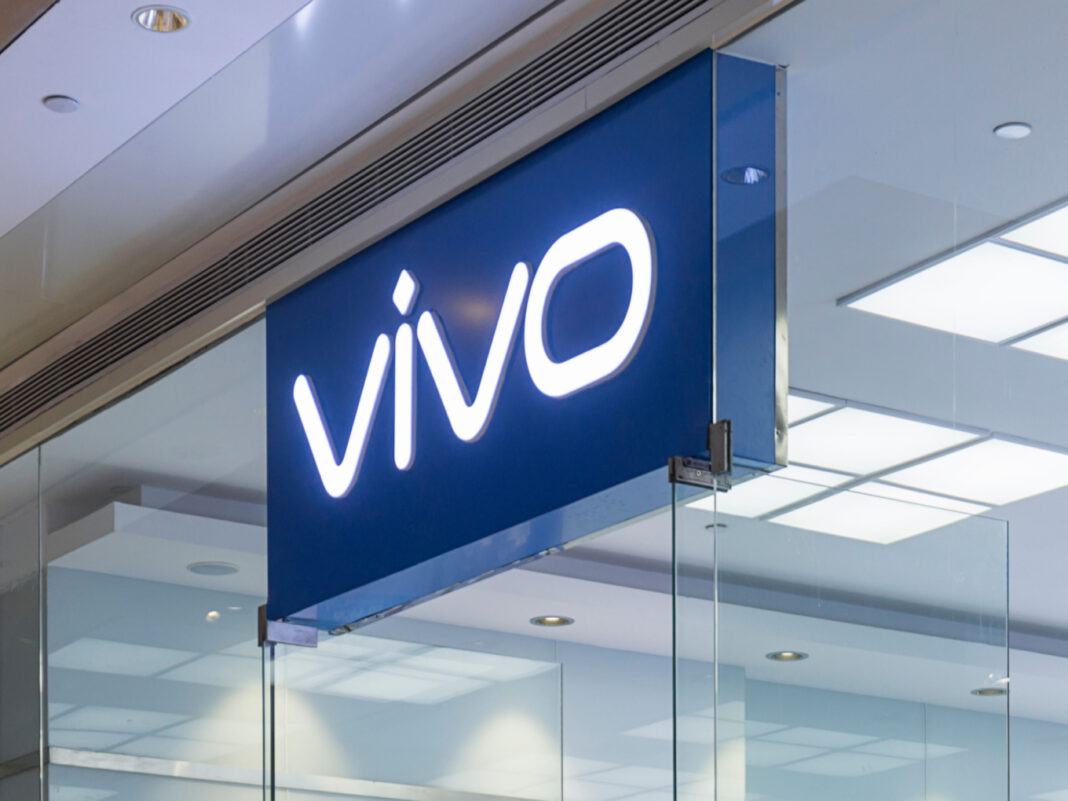In response to a money laundering investigation, the Enforcement Directorate has initiated legal proceedings against three Vivo India employees. On Monday, the Chinese authorities swiftly took action. Two Chinese employees of the smartphone manufacturer Vivo will receive consular protection “to Chinese nationals detained in India, and it expects New Delhi to fully acknowledge the mutually beneficial nature of our two nations’ commercial cooperation and support from Beijing after they were recently detained by the Enforcement Directorate ED in connection with a money laundering investigation.
The arrests by ED of Hemant Munjal, consultant, and Chief Financial Officer (CFO) Harinder Dahiya, as well as interim CEO of Vivo-India Hong Xuquan, alias Terry, occurred a few days ago. The Prevention of Money Laundering Act (PMLA) mandates that the trio be placed in custody. Currently, the accused are being held by the ED.
The new arrests occurred two months after the federal government detained four business leaders. The ED stated in its court document for the four previous arrestees that their purported actions allowed Vivo-India to make unjustified profits that were harmful to India’s economic sovereignty.
In July of last year, it conducted a raid on Vivo India and its associated individuals, claiming to have uncovered a significant money laundering scheme involving several Indian corporations as well as national Chinese companies. Then, the ED claimed that Vivo India had illegally moved Rs 62,476 crore to China to avoid paying taxes in India.
The move is regarded as a component of the centre’s efforts to strengthen oversight of Chinese companies that are purportedly engaged in serious financial crimes, such as tax evasion and money laundering while doing business in India.
In the same case, the detained individuals included chartered accountants Nitin Garg and Rajan Malik, a Chinese national (Kyang, alias Andrew Kuang) who worked for Vivo’s Indian affiliate, and MD Hari Om Rai of Lava International.
According to the ED’s charge sheet, filed earlier this month, Vivo India made unjust gains totalling 1 lakh crore between 2014 and 2021, which it remitted overseas thanks to the criminal acts of the four accused. The agency also stated that India’s economic sovereignty was being harmed by Vivo India’s unlawful operations.
China’s Reaction:
According to Mao Ning, a spokesman for the Chinese foreign ministry, “The Chinese embassy and consulates in India will continue to provide consular protection and assistance to the individuals concerned by law.” Vivo expressed serious alarm at the actions of Indian authorities following the arrests and the ED’s subsequent chargesheet. The fact that harassment is still happening, as evidenced by the most recent indictments, has created anxiety throughout the sector. A Vivo spokeswoman stated, “We are determined to confront and contest these allegations by utilizing all available legal channels.
Practice Done:
Duty evasion refers to the illegal act of avoiding or not paying the required customs duties, taxes, or tariffs imposed by a government on imported or exported goods. Customs duties are charges imposed on goods as they cross international borders, and they are designed to generate revenue for the government, protect domestic industries, and regulate the flow of goods.
The Directorate of Revenue Intelligence (DRI) has issued a notice to Vivo India for a duty evasion of Rs. 2,217 crore. Duty evasion is suspected to have occurred through the misdeclaration of certain goods.
Remitting sales proceeds outside India typically refers to the transfer of funds generated from the sale of goods or services in India to a foreign country. This process involves converting and moving the sales revenue or profits earned in Indian currency (usually Indian Rupees) to the currency of another country.
It is believed that Vivo India has remitted 0.62 lakh crore to its parent company. Money laundering is the process of making illegally gained proceeds (i.e., “dirty money”) appear legal (i.e., “clean”) by passing it through a complex sequence of banking transfers or commercial transactions. The main plan of this operation involves a convoluted and indirect return of the “clean” money to the launderer.
The ED has accused Vivo India of money laundering by creating a web of nearly two dozen shell companies. Vivo India is under scrutiny for alleged money laundering and duty evasion, posing challenges on a global financial scale. The Enforcement Directorate is pursuing legal action against key figures to address financial irregularities jeopardizing India’s economic sovereignty.
This has prompted responses from Indian authorities and the Chinese government, emphasizing the necessity for international cooperation in tackling cross-border financial crimes. The Directorate of Revenue Intelligence’s duty evasion notice sheds light on the issues of misdeclarations and fraudulent practices in international trade. Expressing concern, both Chinese authorities and Vivo underscore the potential industry impact and stress the use of legal channels to contest allegations, reflecting ongoing efforts to fortify oversight and combat financial crimes. Investigations and legal proceedings bring attention to the broader interconnectedness of global commerce, necessitating collaboration to address financial improprieties.



